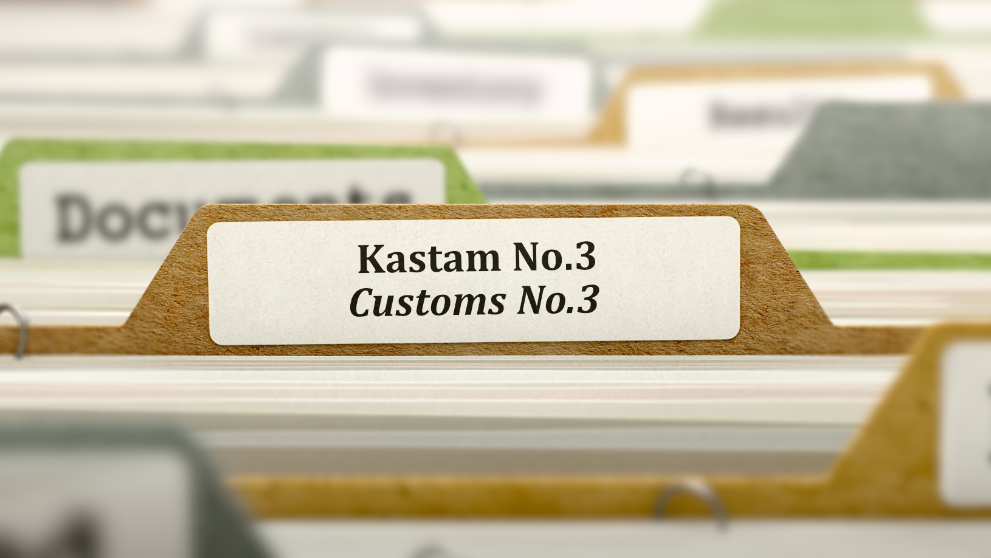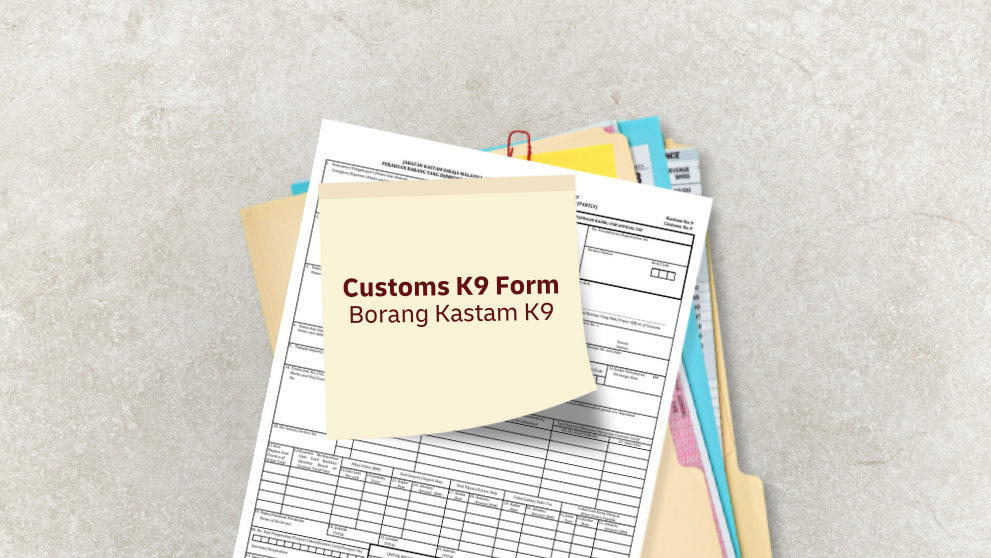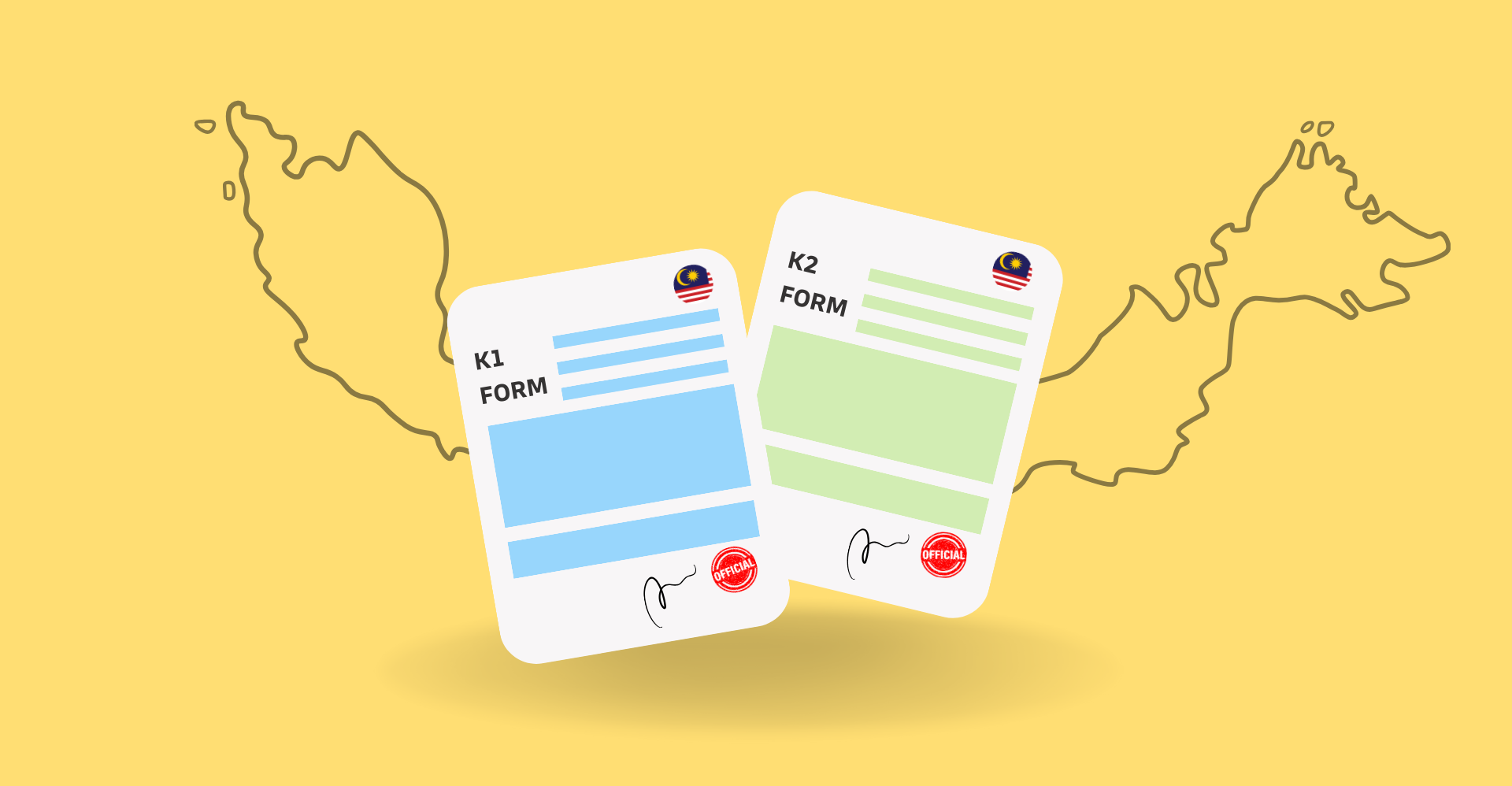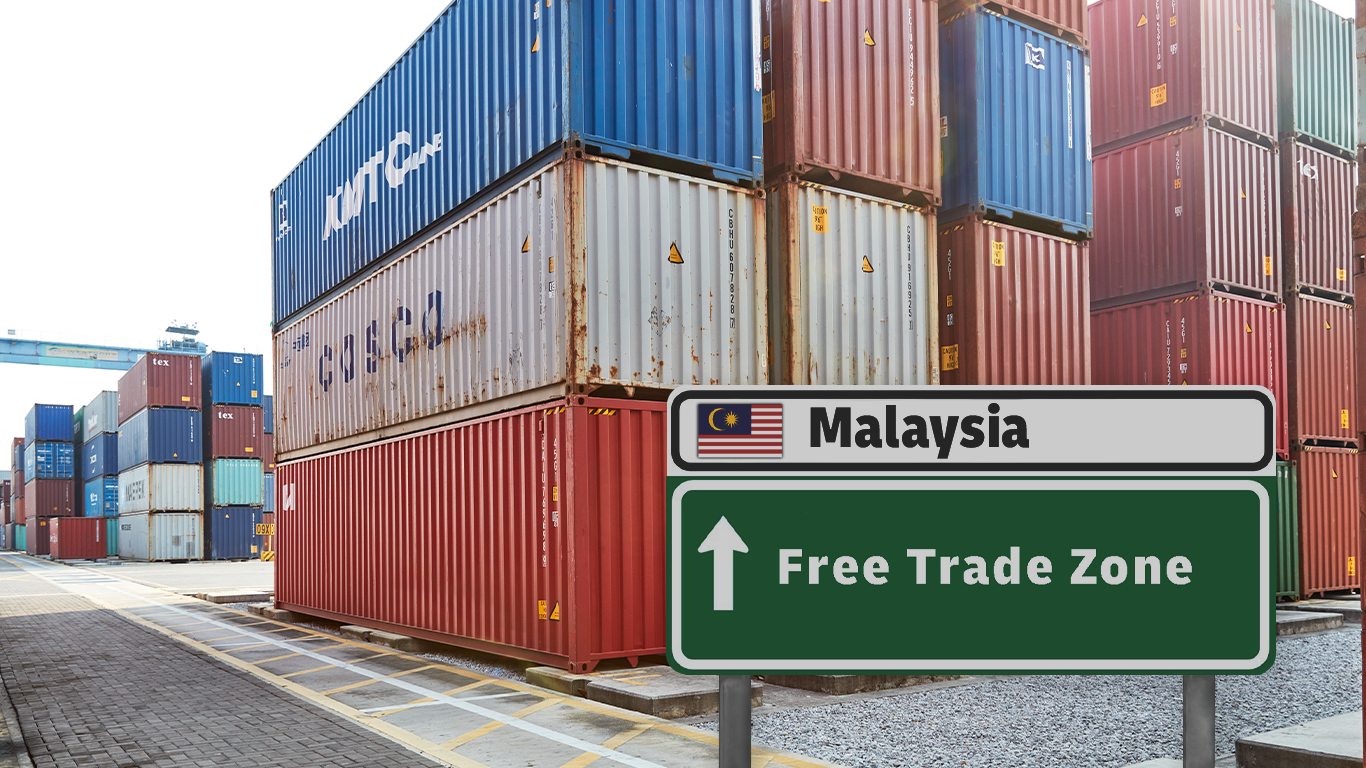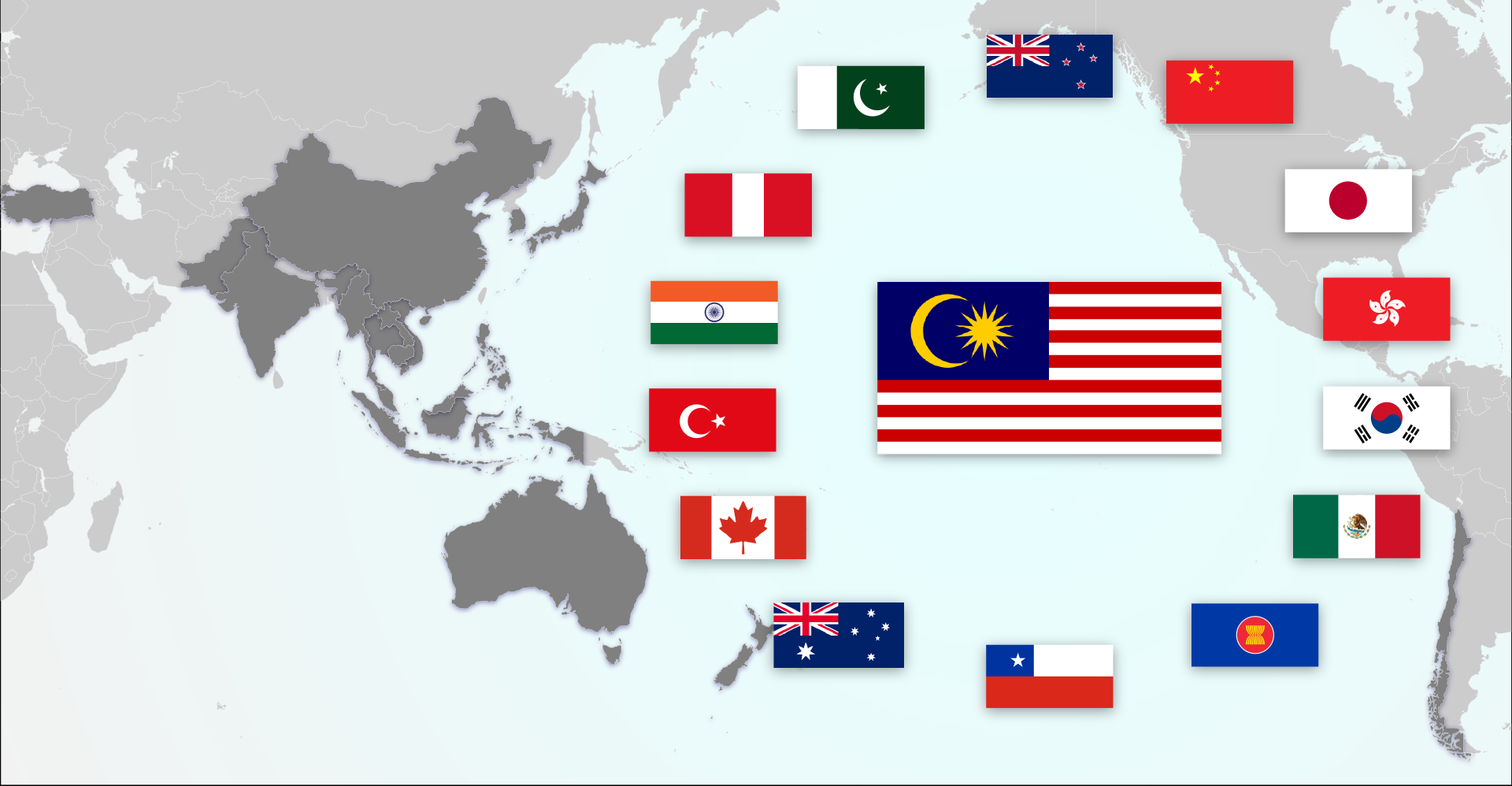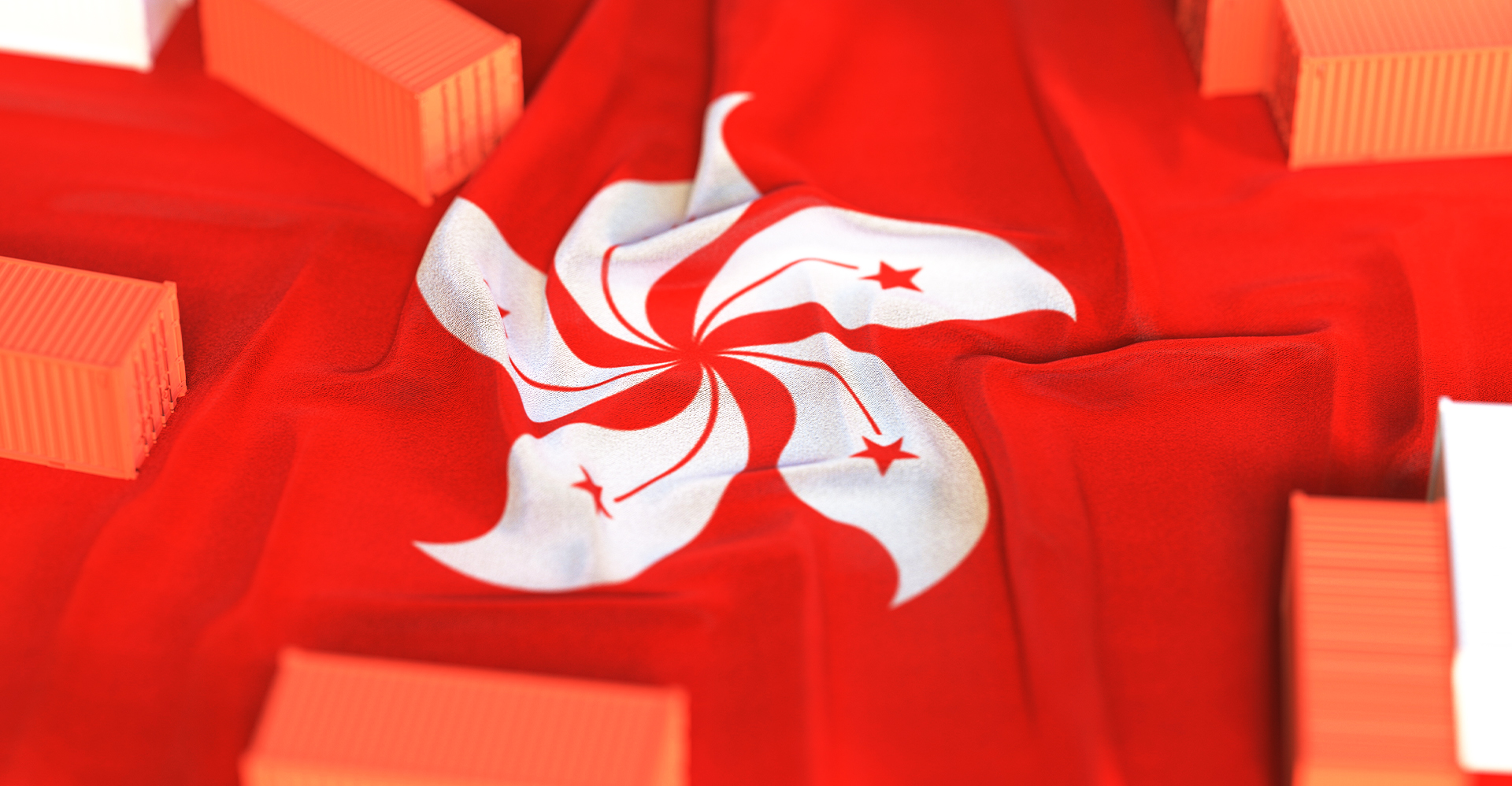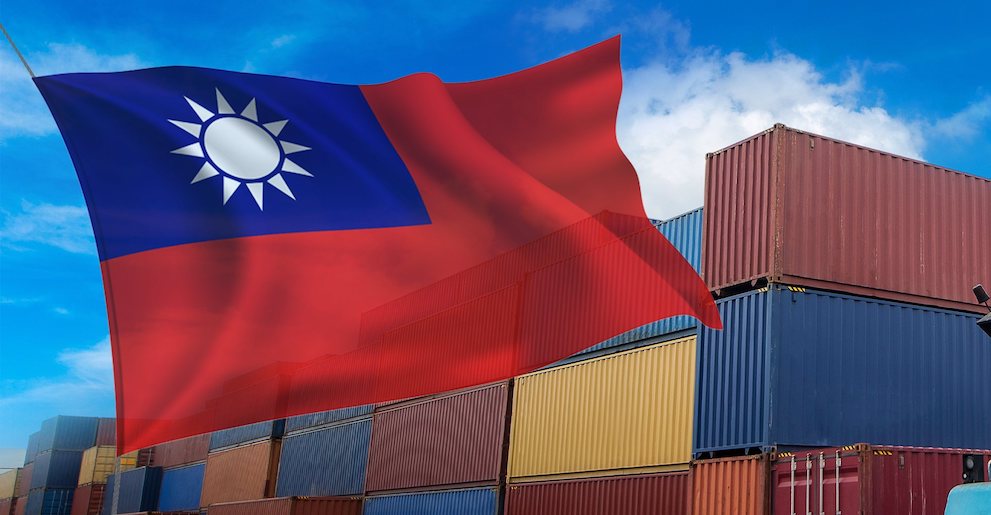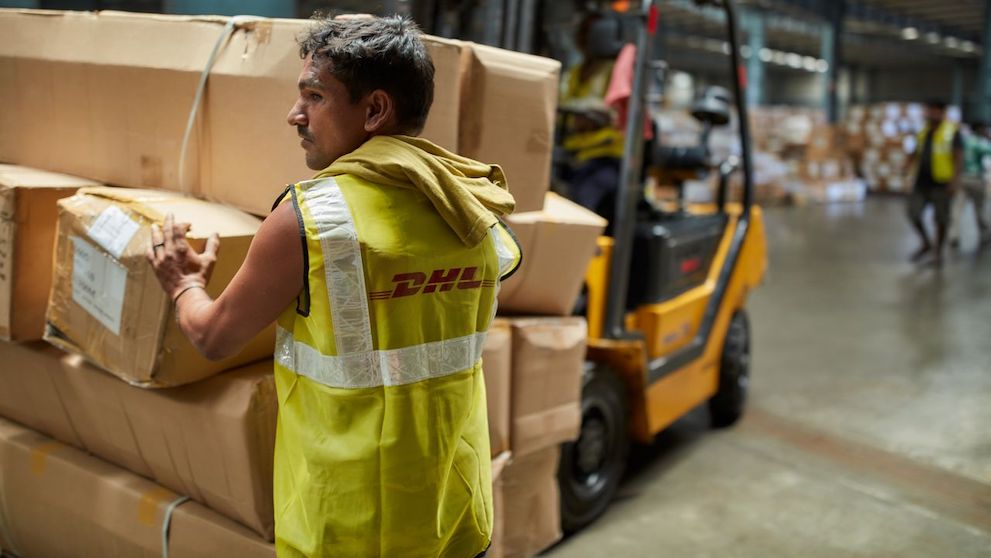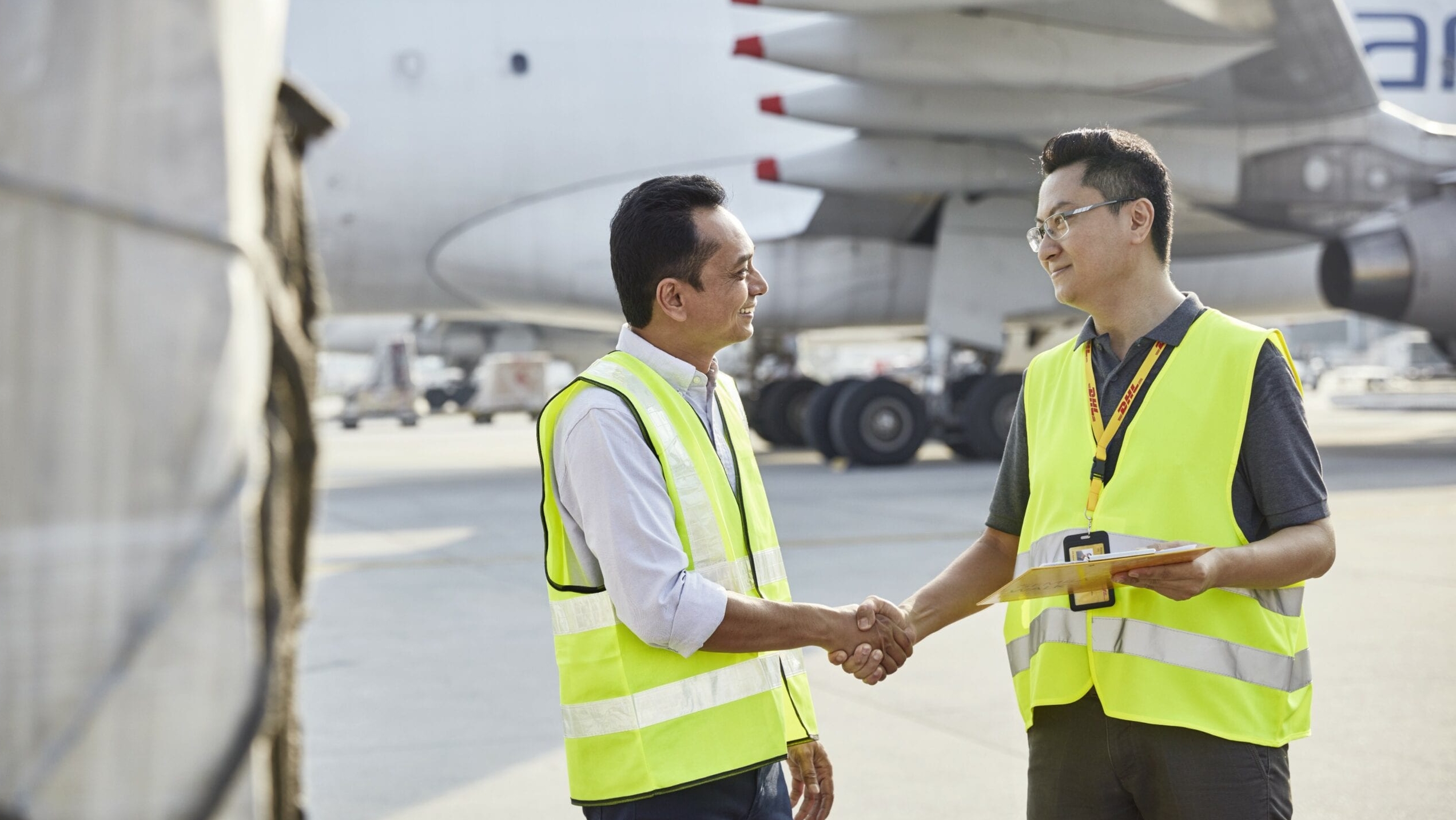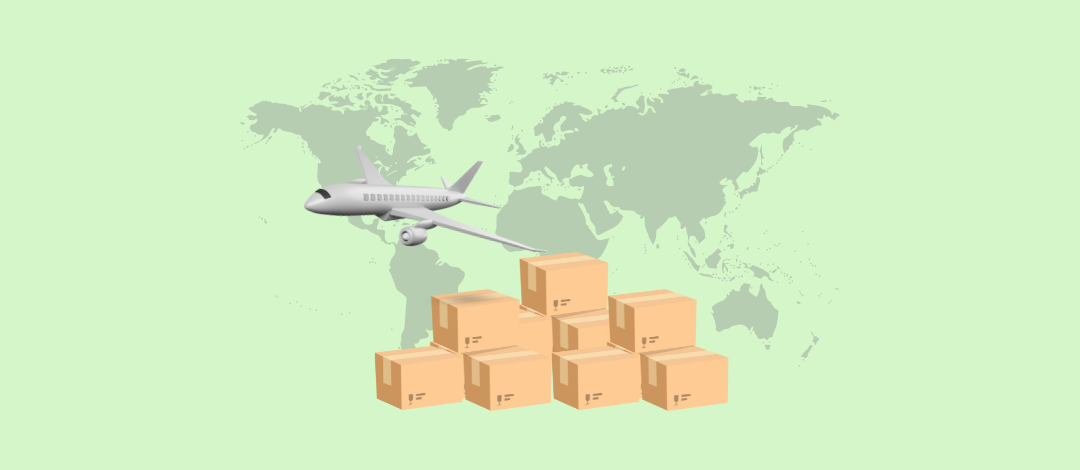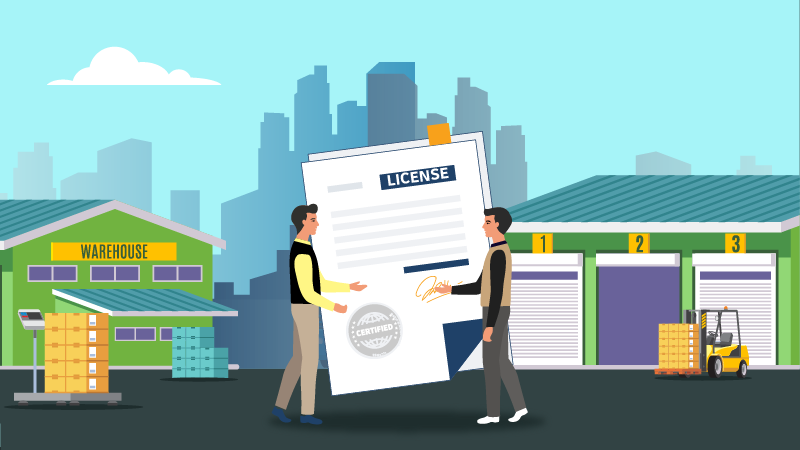The K3 Form, or Borang Kastam K3, is a shipping document used in Malaysia for transporting goods with customs duties or taxes already paid. It is required by the Royal Malaysian Customs Department (RMCD) for shipments by air or sea between Peninsular Malaysia, Labuan, Sabah, and Sarawak.
In Malaysia, various customs declaration forms exist, including K1, K2, K8, and K9, each serving a specific purpose in the customs process to ensure goods are properly declared and cleared according to regulations.
In this article, we will cover everything you need to know about K3 Form, explaining what they are, when they're needed, and how to prepare them.
What is K3 Form
The K3 form is a permit from the Royal Malaysian Customs for moving goods within Malaysia.
It is a crucial document for business owners who are shipping goods between Peninsular Malaysia, Labuan, Sabah, and Sarawak.
This requirement applies to all modes of transportation, making it a key document in the logistics process. Since this is considered a domestic transaction, no additional taxes or import duties are involved.
Here's what a K3 form looks like:
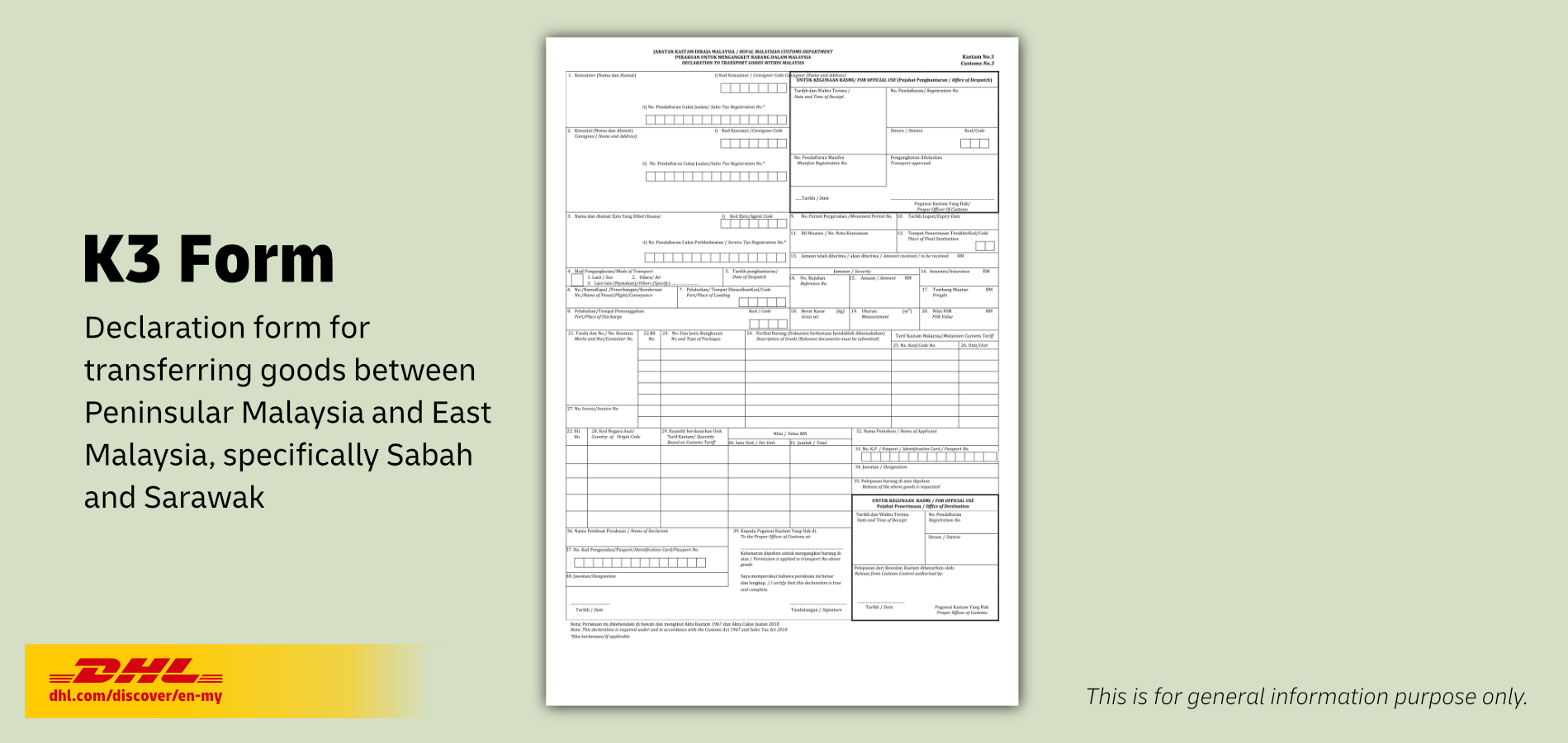
When is the K3 Form Required
The K3 form must be submitted to a customs officer at the receiving location before the goods can be transported.
The customs officer will use it to check the details, ensure compliance, and approve the goods for transport.
How to Prepare the K3 Form
To submit a K3 form, you must work with a registered Customs agent, like DHL Express, who is authorized to make declarations through the Customs declaration portal.
You will need to include the necessary information and documents:
- A commercial invoice that details the goods being shipped.
- Proof of payment confirming that any applicable duties or taxes have been paid.
- A permit or approval from the relevant agency if the goods being transported require such authorization.
- Any additional documentation that the Customs officer may request.
Customs Declarations with DHL Express
When shipping with DHL Express, there's no need for you to prepare your own K3 form. Our customs team will take care of the customs declarations for you.
Thus, it's important to provide accurate information during booking, as they will be used to prepare your customs declarations forms.
In cases where we need clarification or more information, our customs officers will reach out, usually via email.
